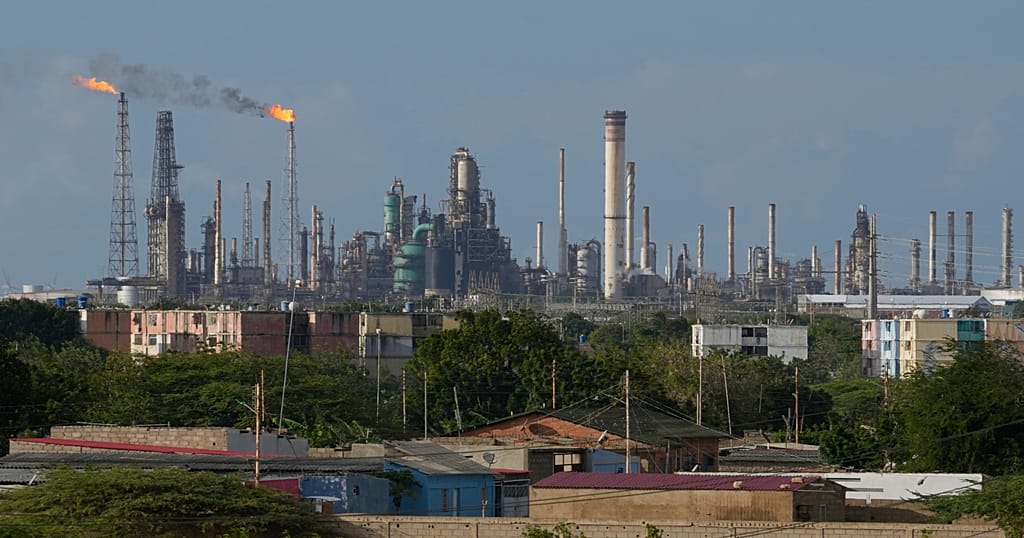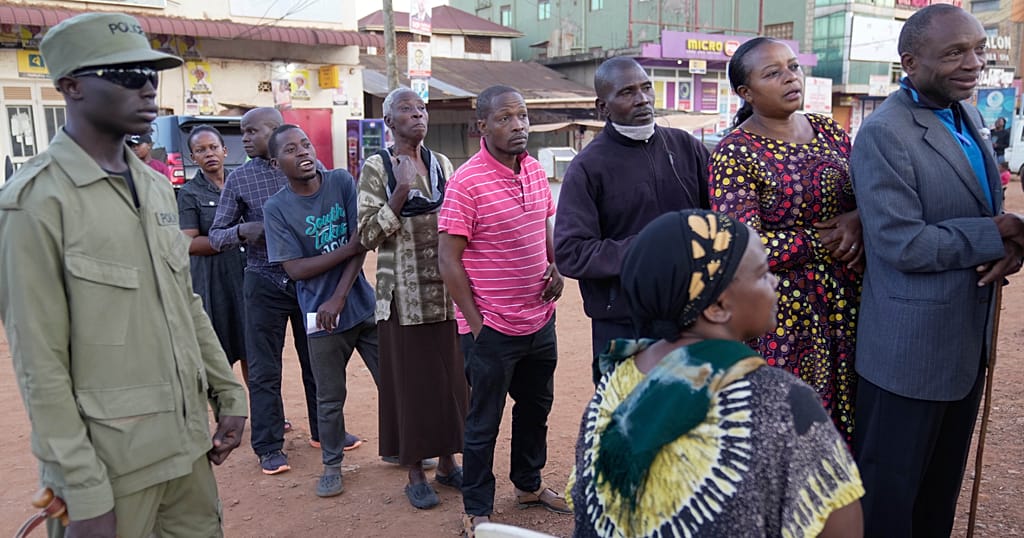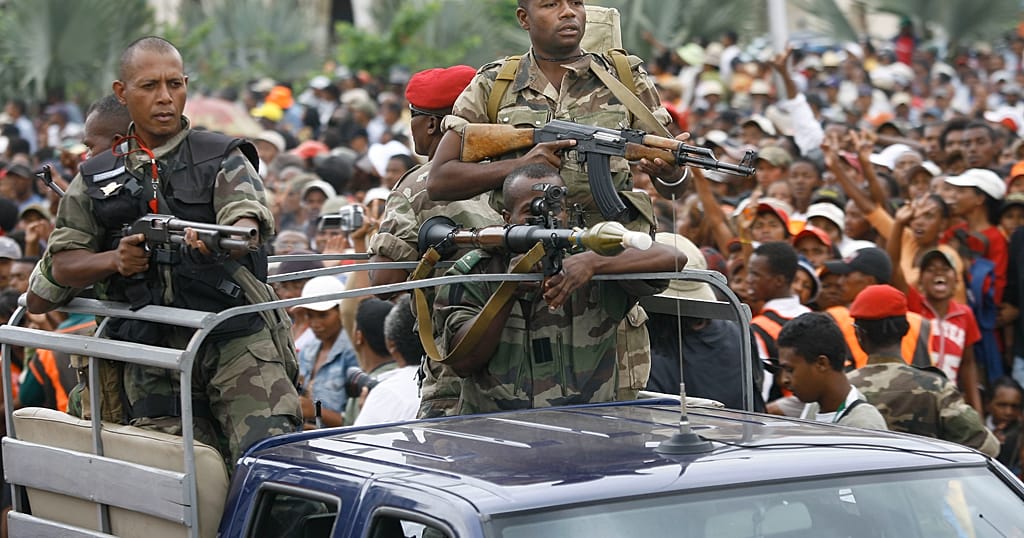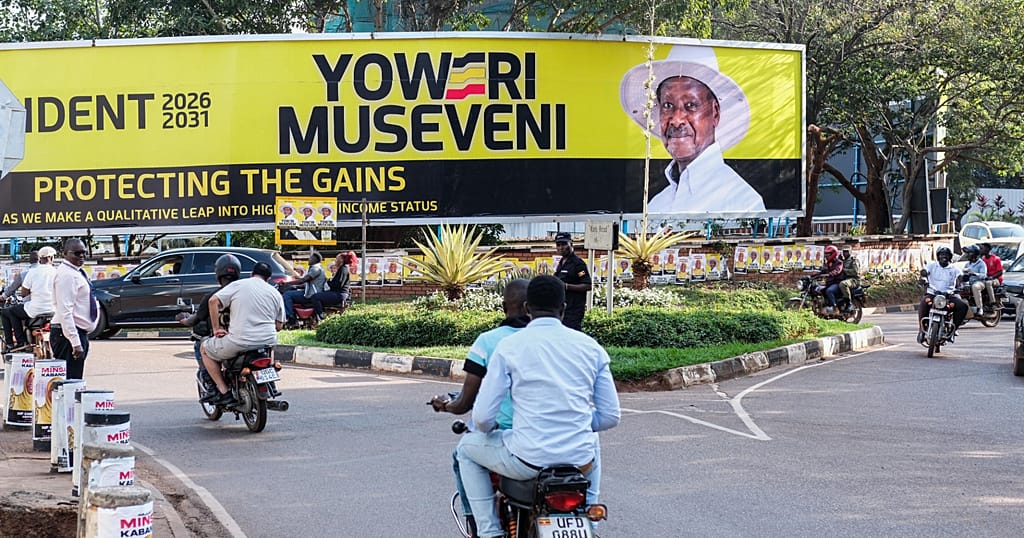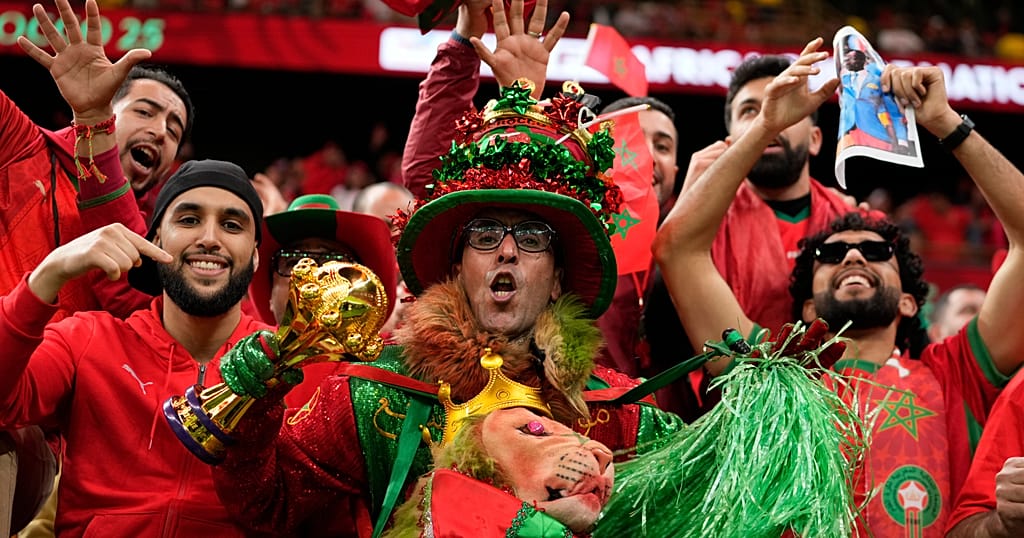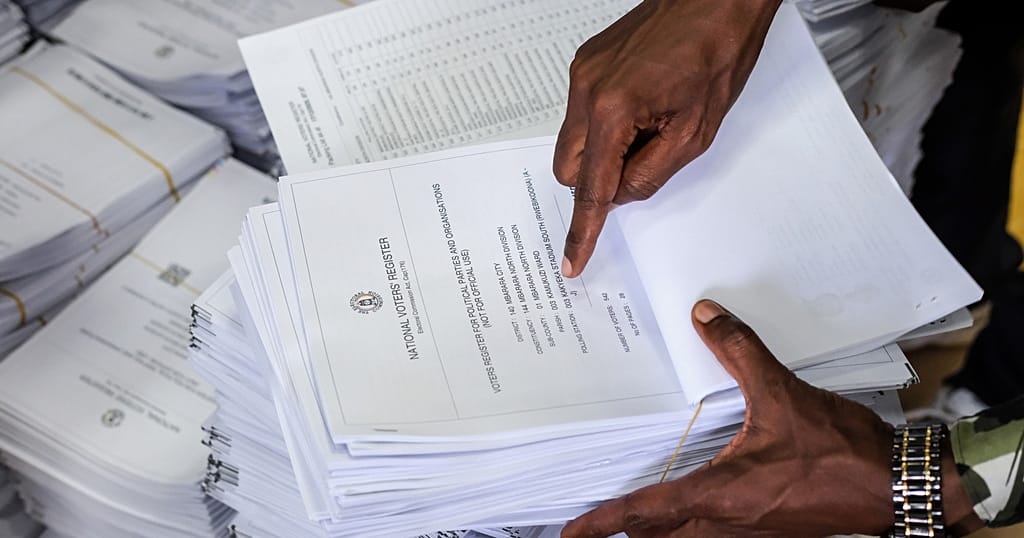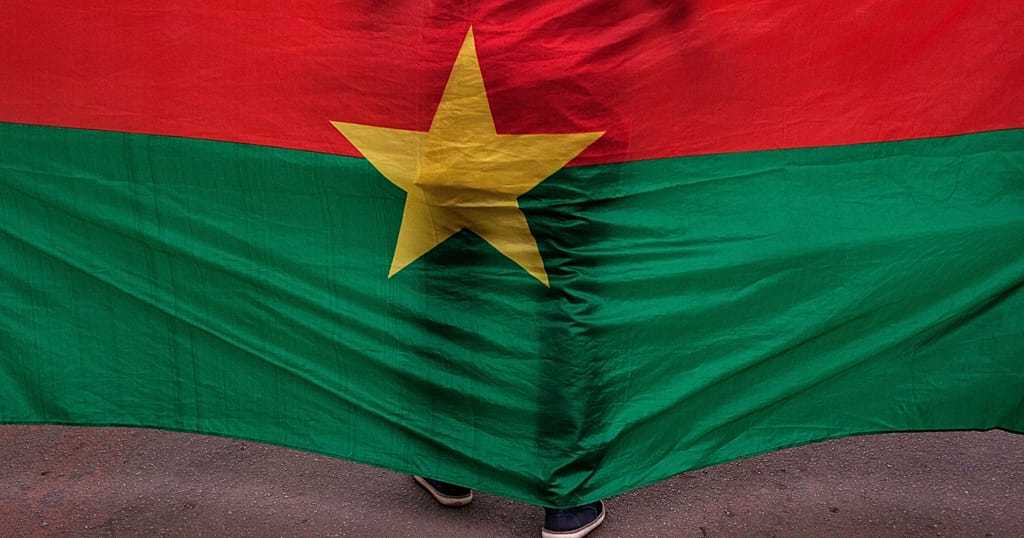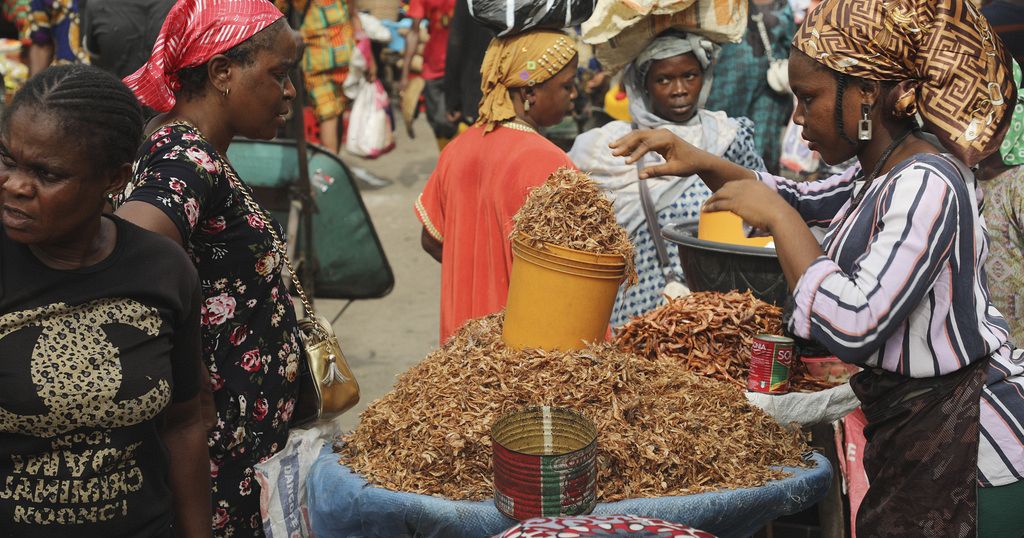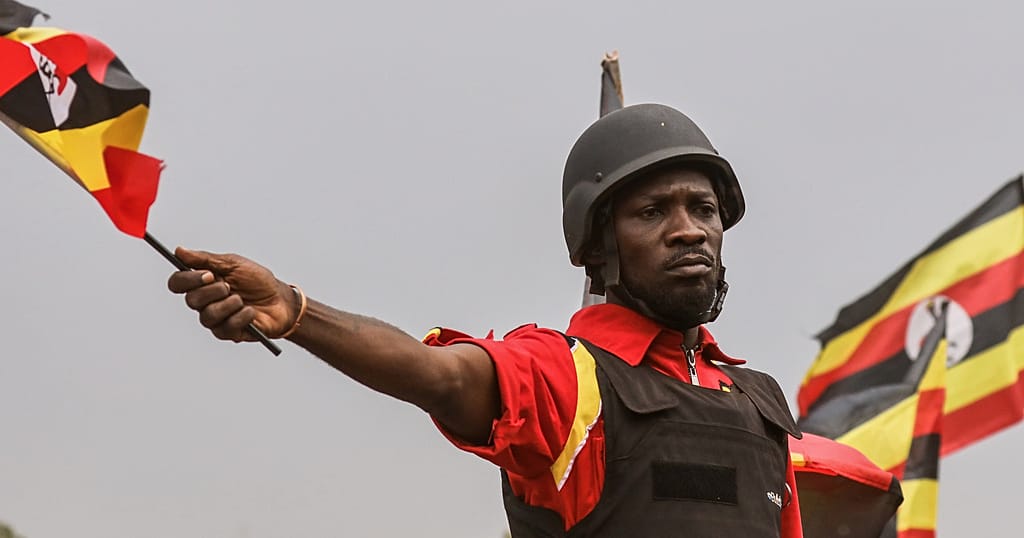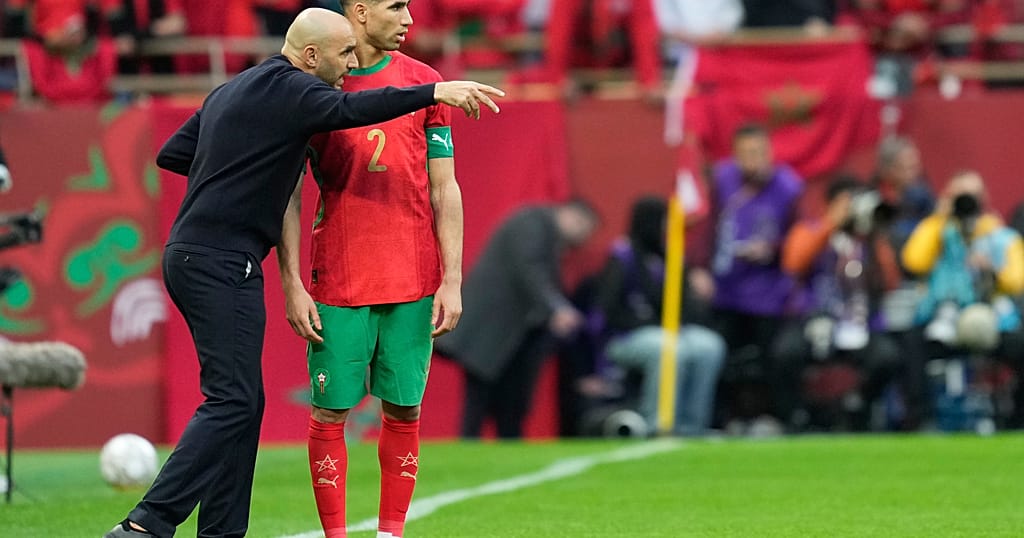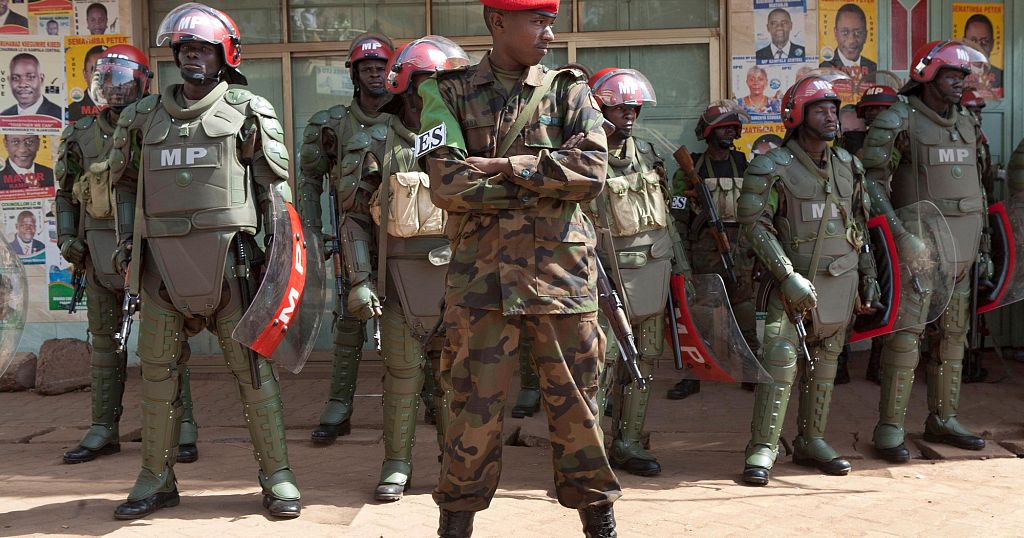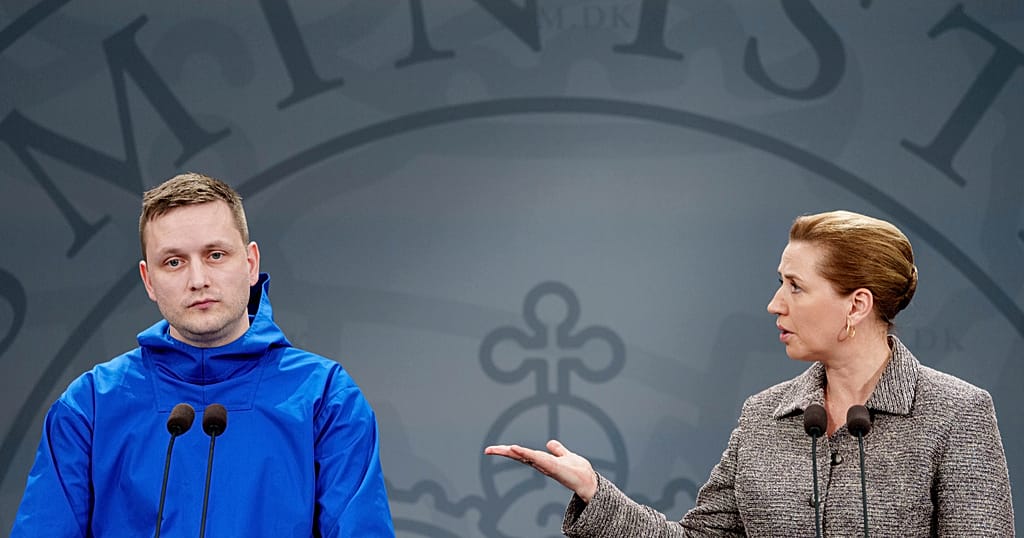Morocco: What do limitations on preaching about Gaza war reveal?
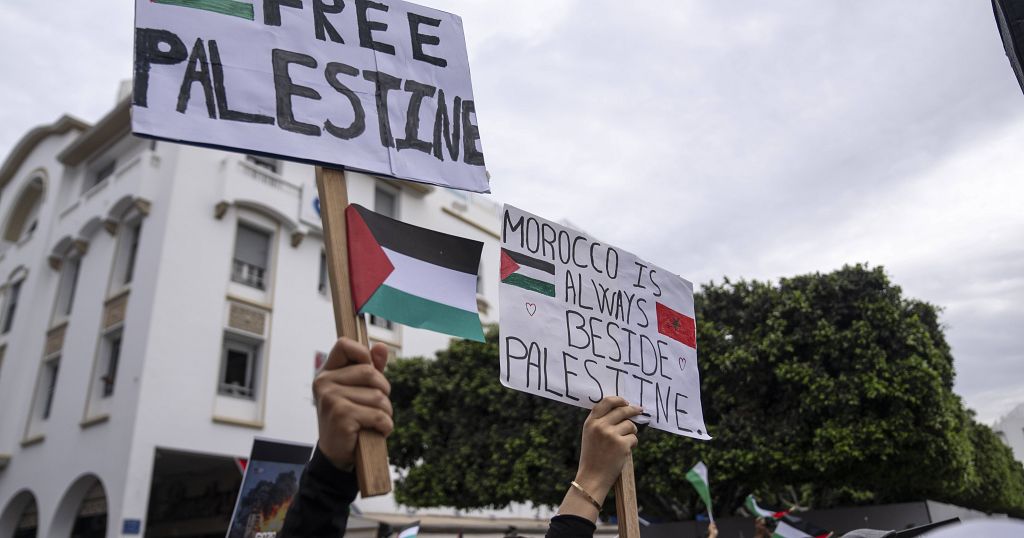
Politicians and activists in Morocco are questioning limitations imposed on preachers regarding what they may say about war in the Middle East during sermons.
During a meeting at the country’s parliament this week, socialist lawmaker Nabila Mounib bemoaned the way that imams were curtailed in how they can speak about the plight of Palestinians and call for religious struggle to support their cause.
“No imam can speak about the Palestinian issue,” Mounib claimed on Tuesday (Nov. 05).
Since the Israel-Hamas war began 14 months ago, activists have similarly worried about limits place on sermons about Palestinians. Morocco’s Ministry of Islamic Affairs in a statement last October said a document circulating on social media claiming to outline such limits was faked and highlighted Morocco’s support for the Palestinian cause.
Minister of Islamic Affairs Ahmed Toufiq later denied Mounib’s claim that preachers cannot broach the Israel-Hamas war.
“Any imam who talks about barbarism and injustice and denounces them is welcome” he said.
Yet to some pro-Palestinian activists in Morocco, the limitations are about the tensions between state and society that have simmered since the war began.
“Imams have a right to take a stand and, in Islam, even have a duty,” said Ahmed Wehman of the Moroccan Observatory for Anti-Normalization told The Associated Press. “The government has nothing to do with Moroccan public opinion. They do not represent Morocco and Moroccans.”
“The government doesn’t represent the public opinion “
Morocco has one of the region’s most historically significant Jewish communities and was one of four Arab states to normalize ties with Israel in 2020. But tens of thousands of protesters have regularly taken to the streets of its major cities throughout the 14-month war, protesting Israel’s actions and demanding Morocco cut diplomatic ties.
Protests have united people across the political spectrum including those from the Justice and Development Party and Al Adl Wal Ihsane, a banned but tolerated Islamist movement. Some of its members have faced arrest and imprisonment for opining on social media about Morocco’s ties with Israel amid the war.
“One of the consequences of the development of Morocco’s major cities is the real inflation felt by the low-income Moroccan families, who can no longer afford housing in the major cities, and this is fuelling a very strong social protest movement,” geopolitical analyst Hicheme Lehmici said.
“This is in turn fueling a bigger social movement which is centered around the Israeli-Palestinian issue.”
“The parternship binding Morocco to Israel has been difficult to accept for most of Moroccans for whom it was trully a terrible humiliation.”
“Up to now, broadly speaking, except for the Rif region, the majority of the population supported the principle of monarchy. [The Israeli-Palestinian issue] has in the past 2 years or so, attracted a broader audience and a discourse which opposes the monarchy can be heard, which is new,” the Secretary of GIPRI institute said.
Historic control over Muslim preachers
Francesco Cavatorta, a political science professor at Université Laval in Quebec, said countries like Morocco, Algeria, Egypt and Syria have historically exerted control over imams to control the narrative of religion and ensure sermons don’t undermine national stability.
In Morocco, he said, the regulation is “part of an effort to be seen as a country that is a Muslim country but a tolerant country and a welcoming country.”
Morocco has this year suspended preachers who veer from directives. Its Ministry of Islamic Affairs publishes guidance for imams on Wednesdays, two days before Friday prayers.
The content of sermons has in the past pitted the government against activists. In 2017, when anti-government protests were sweeping Morocco’s North, the Ministry of Islamic Affairs directed preachers to reproach activists for promoting division among Muslims, the online news outlet Le Desk reported.
READ ALSO: Pope Francis lands in Morocco
Nasser Zefzafi, the country’s most famous political prisoner, was arrested later that year after interrupting a sermon about the protests, shouting a question about whether mosques served God or the monarchy.
Morocco’s Ministry of Islamic Affairs did not respond to requests for comment.
Imams throughout the Middle East and North Africa have regularly referenced the war since October 2023, including in countries where the government oversees their sermons.
“The way to eliminate oppression and evil, no matter where it is in the world, is through the unity and solidarity of Muslims,” Ali Erbas, the head of the Turkish Presidency of Religious Affairs, said in a Friday sermon delivered in Azerbaijan. ”When Muslims act together with the consciousness of brotherhood and the spirit of solidarity, all people will find peace.”
Source: Africanews


